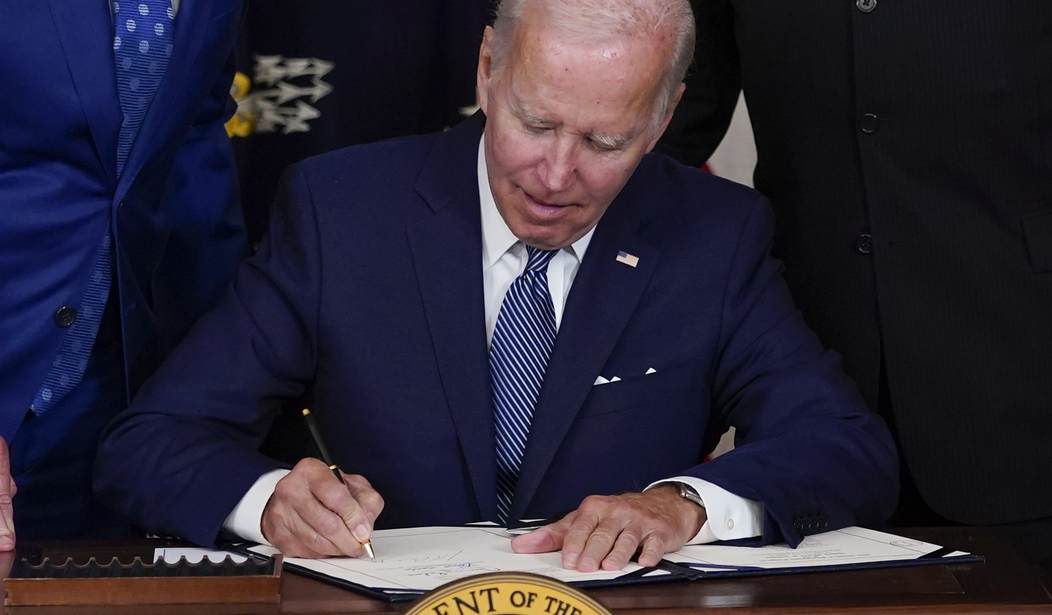On Saturday, President Joe Biden signed the debt ceiling agreement, H.R. 3746, the “Fiscal Responsibility Act of 2023,” into law. The legislation suspends the debt ceiling and includes federal spending cuts. Biden inked the deal just two days before the Treasury Department projected a potential default on the nation’s debts. This marks a conclusion to months of intense partisan wrangling.
The debt ceiling deal faced a challenging landscape as Republicans took control of the House, leaving Speaker Kevin McCarthy to navigate a narrow majority that includes a significant faction of hard-line conservatives. The White House announced the president’s signature on the measure with little fanfare, issuing a statement that thanked the House and Senate leaders from both sides of the aisle for their partnership, writing:
Thank you to Speaker McCarthy, Leader Jeffries, Leader Schumer, and Leader McConnell for their partnership.
Biden delivered an Oval Office address on Friday night, saying that while no one obtained everything they desired, it ultimately served the needs of the American people by preventing an economic catastrophe. The budget agreement postpones any further debt limit standoffs until after the 2024 election. In his remarks, President Biden went out of his way to commend Speaker McCarthy. The two leaders had engaged in three meetings in recent months as negotiations surrounding the debt ceiling both stalled and intensified.
The Senate approved the debt resolution with a 63-to-36 vote on Thursday night after the House passed the bill 314 to 117 on Wednesday, and the President’s signature means the debt ceiling is now suspended until January 2025. According to the Congressional Budget Office, it is expected to reduce the deficit by $1.5 trillion over the next decade.
After passage in the House, Speaker McCarthy touted reductions in IRS funding and recovering unspent COVID funds, while he vowed that his work wasn’t done. McCarthy said:
I’m waking up tomorrow going after everything we didn’t get here today.
Both Biden and Speaker McCarthy face political consequences as a result of this deal. Outspoken House conservatives, particularly members of the House Freedom Caucus, are furious with McCarthy claiming that he surrendered leverage and secured few concessions. On the other hand, some Democrat lawmakers oppose provisions including additional work requirements for welfare recipients and easier permitting for fossil fuel projects.
The significant legislation will impact the future of the nation’s economic climate and the political landscape for the foreseeable future.
Read More:
Kevin McCarthy Speaks on House Passage of Debt Ceiling Deal
Senator Joe Manchin Secures Gas Pipeline in Debt Ceiling Deal














Join the conversation as a VIP Member